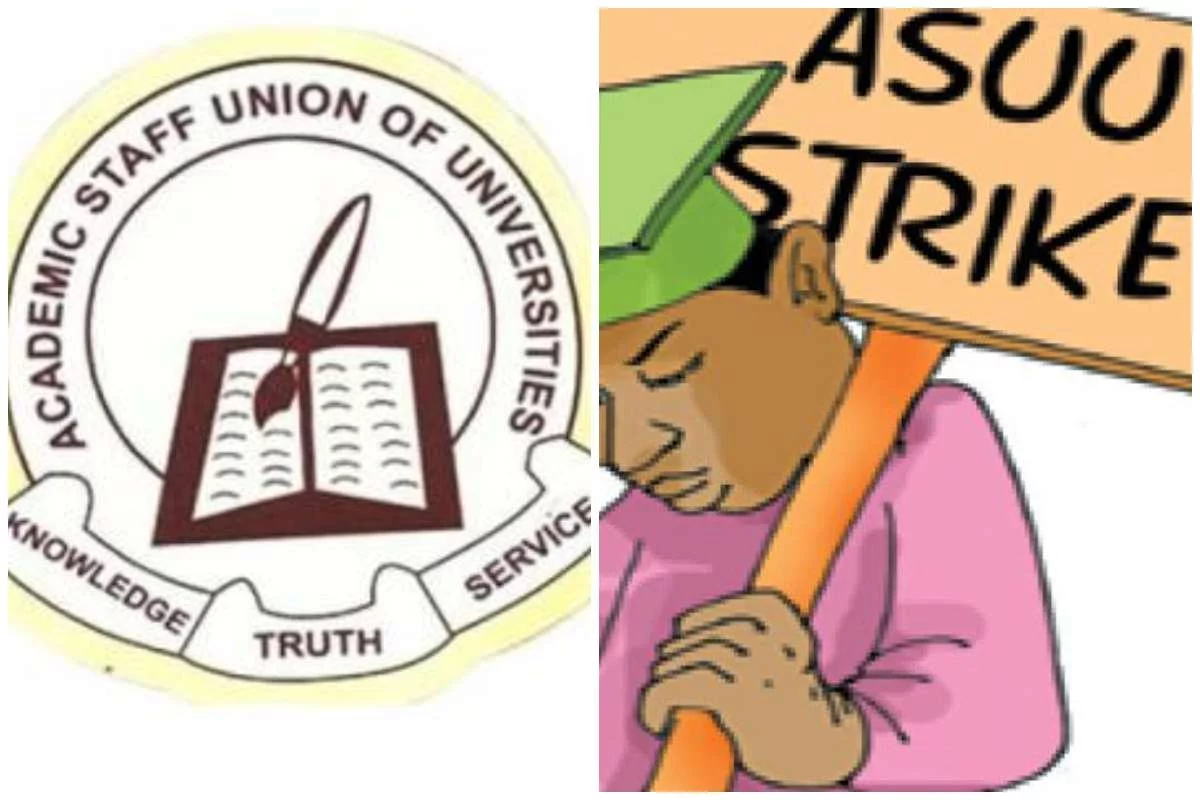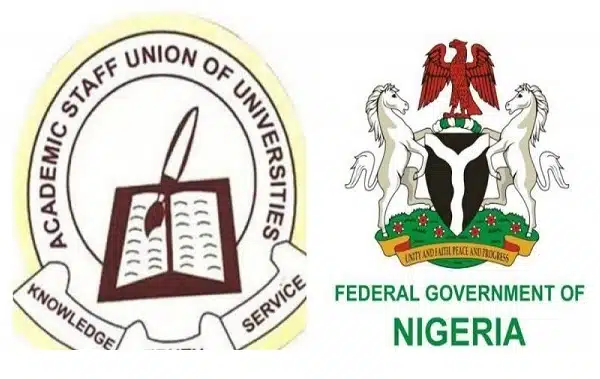The Academic Staff Union of Universities (ASUU) and the Federal Government of Nigeria are once again locked in a tense standoff as the union’s one-month ultimatum officially expires. The ultimatum, issued by ASUU’s National Executive Council, was designed to give the government a final window to address unresolved issues that have stalled industrial harmony in the university sector.
As the deadline closes in, the atmosphere across universities nationwide is filled with anxiety, uncertainty, and growing anticipation. The nation stands at the edge of what could either be a breakthrough moment or the beginning of another prolonged strike capable of crippling academic activities across public universities.
What Triggered the Ultimatum: ASUU’s Longstanding Unresolved Issues
For years, ASUU has maintained that the education sector in Nigeria continues to suffer due to insufficient funding, unfulfilled agreements, and neglect. Their current grievances reflect a mixture of financial, structural, and administrative issues that have lingered for more than a decade.
Renegotiation and Implementation of the 2009 Agreement
ASUU insists that the 2009 FG-ASUU Agreement is long overdue for full renegotiation and implementation. According to the union, the agreement outlines critical commitments such as improved working conditions, enhanced funding for university revitalisation, academic allowances, and structural reforms that are essential for quality education. Despite numerous meetings and committees, concrete action on these commitments remains stalled.
Unpaid Salary Arrears and Deductions
The union has repeatedly decried what it describes as withheld salaries, unpaid allowances, and ignored promotion arrears. Academic staff in various institutions claim they have been short-paid for years, while union check-off dues and third-party deductions reportedly remain stuck in bureaucratic bottlenecks. Many lecturers argue that they cannot continue working under inconsistent salary structures.
Revitalisation of Public Universities
Public universities in Nigeria continue to grapple with dilapidated structures, overcrowded classrooms, outdated laboratories, insufficient staff strength, and poor welfare conditions. ASUU insists that without a sustained injection of funds and a long-term revitalisation blueprint, Nigerian universities risk falling below global standards.
Treatment of Union Members
ASUU has also raised concerns over what it considers the intimidation or victimisation of members in some institutions. The union points to unresolved cases involving disciplinary actions and administrative decisions that they believe are unjust and targeted at vocal members.
Rejection of Lecturer Loan Schemes
The government’s proposal for a loan scheme aimed at academic staff was firmly rejected by ASUU, with the union asserting that loans are not a substitute for fair remuneration. To them, the offer is a distraction from the real issues concerning salary structure, earned allowances, and working conditions.
The Road to the Deadline: A Tense and Turbulent Build-Up
The current climax did not emerge suddenly. It has been a series of escalating actions, meetings, and half-resolved grievances that have led to this decisive moment.
ASUU had previously issued a shorter ultimatum, which evolved into strikes and temporary suspensions. During the earlier two-week warning strike, the union expressed deep frustration over stalled negotiations. When the strike was suspended for one month, it was seen as an act of goodwill to allow more room for progress.
However, union leaders later stated that although discussions showed signs of movement, many of their core demands remained unresolved. The one-month suspension was therefore a countdown—one that has now reached zero.
The Crucial Meeting: A Make-or-Break Dialogue
With the ultimatum expired, ASUU and the Federal Government are set for a crucial meeting that could determine the trajectory of Nigeria’s university system for months—or even years—to come. The session is expected to revisit every major unresolved issue, from salary arrears to university revitalisation, from welfare packages to regulatory frameworks.
ASUU has already confirmed its attendance, describing the meeting as a responsibility owed to the public and the education sector. However, the union has also made it clear that its team will only deliberate; any final decisions will be made by the National Executive Council once outcomes are presented and analysed.
Government representatives, on the other hand, are under intense pressure. Failing to reach an agreement could spark widespread criticism from education stakeholders, parents, and the international community watching Nigeria’s educational instability.
What’s at Stake for Students, Lecturers, and the Nation
Students: Academic Futures in the Balance
A potential strike threatens to disrupt academic calendars, delay graduations, interrupt exam schedules, and create emotional strain for millions of students. Many students still carry the scars of previous prolonged shutdowns, which affected internships, NYSC mobilisations, and job applications.
Lecturers: Professional Uncertainty and Frustration
Academic staff feel caught between commitment to their students and the need to protect their professional and financial welfare. Many lecturers have expressed that continued silence or inaction from the government could force them into a corner.
Universities: Structural and Operational Strain
Institutions face the possibility of halted research projects, postponed academic programmes, and administrative stagnation. The financial impact can also be severe, affecting everything from internally generated revenue to partnerships and collaborations.
Government: Credibility and Policy Stability
For the government, this moment is crucial in demonstrating commitment to educational reform. Successfully resolving ASUU’s grievances could boost public trust. Failure could trigger nationwide criticism, affecting political and economic confidence in leadership.
Possible Outcomes: The Fork in the Road
A Comprehensive Agreement
If both parties successfully align on crucial demands, there may be a breakthrough that stabilises the sector. This could restore confidence among stakeholders and create a foundation for long-term planning.
A Temporary Compromise
The government may present partial solutions, hoping to buy more time. Though this could postpone a strike, it may not fully resolve tensions.
Indefinite Nationwide Strike
If ASUU deems the government’s offer unsatisfactory, a full-blown strike may commence immediately. Past experiences show that such strikes could last weeks or months, creating widespread disruption.
Intensified Mediation
Civil society groups, labour unions, student bodies, and education advocates may intervene to pressure both sides into negotiating more sincerely.



